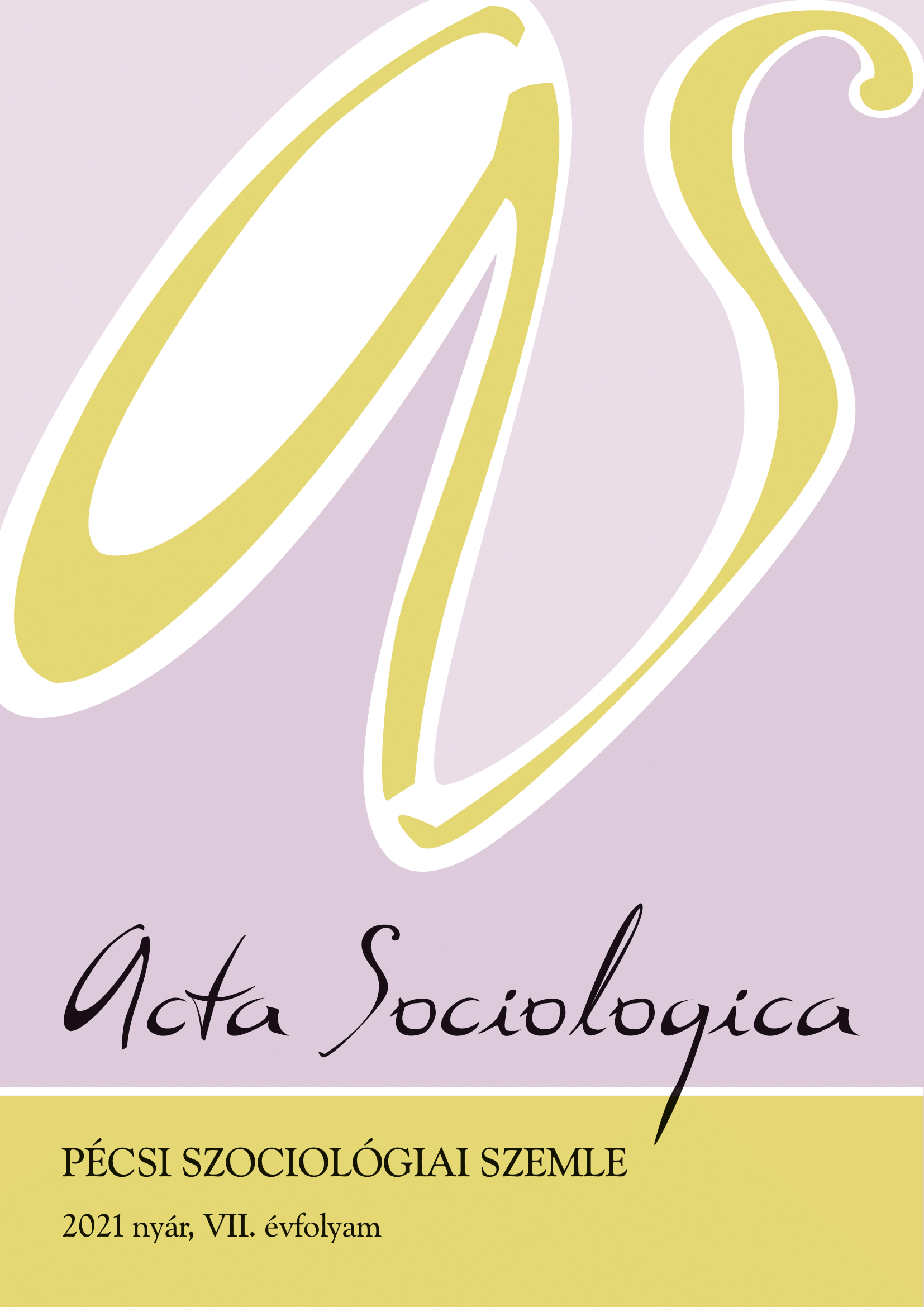Szuburbanizációs folyamatok és társadalmi konfliktusok magyarországon a rendszerváltás után
DOI:
https://doi.org/10.15170/AS.2021.7.1.10Absztrakt
Research carried out this far in Hungary focusing spatial structures were mainly displayed concerning settlements struggling with poverty. Lately, these works have been expanded to examine settlements which are beneficiary of the process of suburbanization.
Mostly young citizens with higher social status move into these suburban settlements escalating the number of conflicts with the native inhabitants. Local communities weaken as the newcomers grow in number seeking primarily self-realization or recreation purposes. The exposing social tensions are substantially similar to the axiological characteristics change occurred during the second demographic transition. Beyond the heterogeneous demographic characteristics of the native inhabitants and the immigrants, politics deepens these conflicts by acting on self-interest in these suburban settlements.
This paper aims to demonstrate the process of suburbanization by analysing the literature review of the centre-periphery model applied on the Hungarian settlement patterns, revealing the local challenges of two suburban settlement: Budajenő and Tinnye. Exploring and understanding the conflicts caused by segregation and migration on suburban settlements may aid us resolve or ease those tensions.





